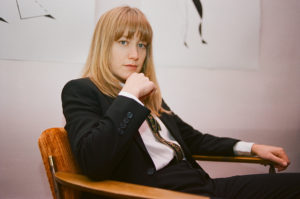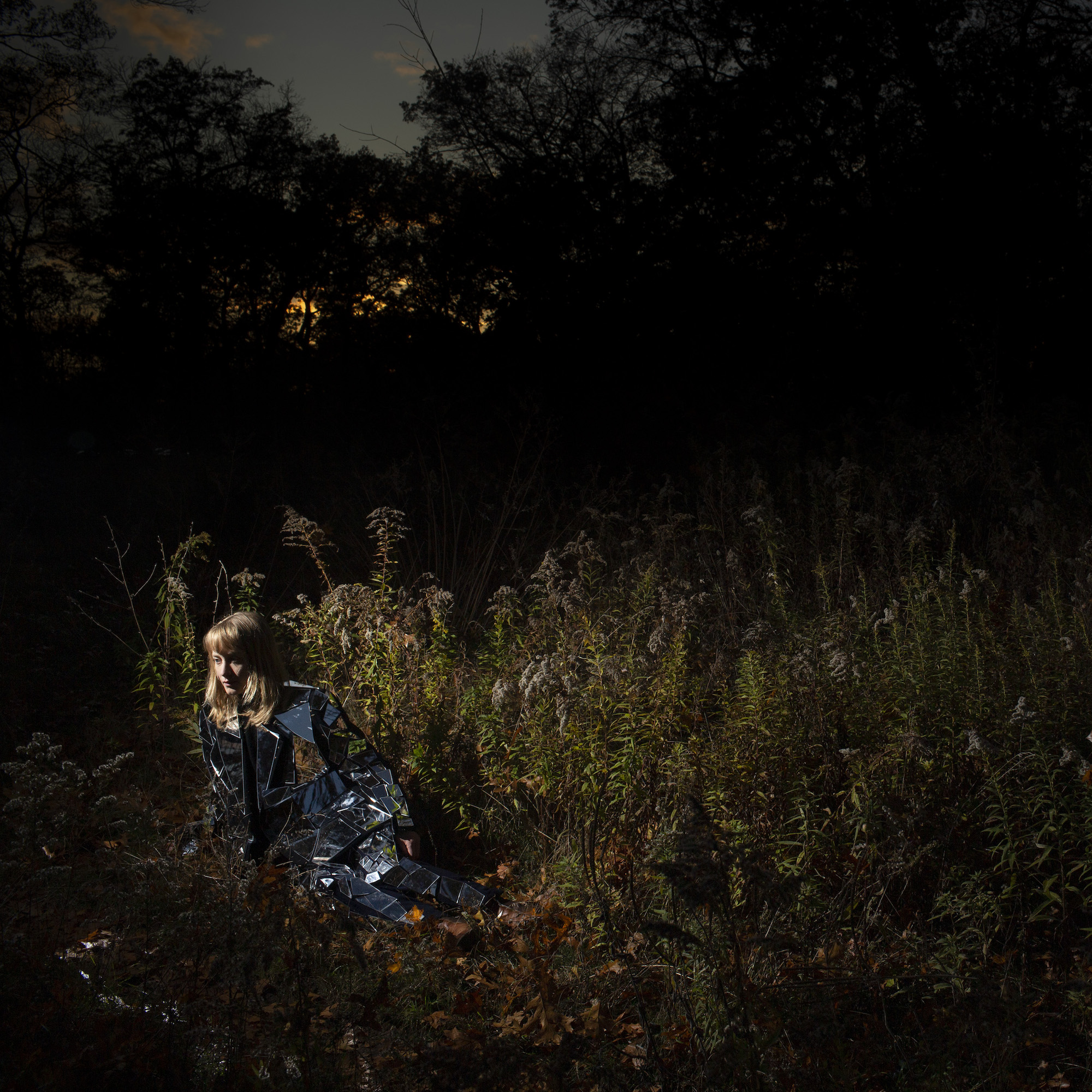The Guest List | The Weather Station
music
The Guest List is a regular book column that surveys the reading habits of some of our favorite musicians. For this edition, we spoke with Tamara Lindeman, the singer and songwriter for The Weather Station. The group released its fifth album, Ignorance, in February and recently announced an extensive tour across North America and Europe. We caught up with Tamara to find out what she’s been reading lately.

SwR: The Weather Station has a detail-oriented, character-driven approach to songwriting that feels literary. Are there any particular authors or books that inspire you as a musician and songwriter?
TL: Yes, absolutely. So many. I do consider writing for the page and writing lyrics to be very different crafts and art forms. I suppose I wouldn’t consider my lyrics literary per se, but when I’m writing lyrics I absolutely need books around me to remind me of the joy and beauty of words. Sometimes I open one and read something out of context, just to put words in my mind.
In terms of poetry, I feel very influenced by George Oppen and William Carlos Williams. In terms of prose, I definitely think of Rebecca Solnit as being a major influence on me, tonally and philosophically, as well as Barry Lopez and Annie Dillard. Writers who walk the line between poetic lyricism, philosophy, and narrative reality. I also sometimes like to crack open random novels when I’m writing just to remind myself of how detail and character work.
SwR: What are your favorite books about music?
TL: I recently read and loved Ted Gioia’s Music: A Subversive History. Really interesting and it resonates with me, thesis-wise. I love the wry humor with which he approaches the timeless tale of elder generations handwringing over the music of the youth, whether during the twelfth or the twenty-first century.
I’m also a huge fan of Ian Svenonius’s Supernatural Strategies for Making A Rock & Roll Group. It’s one of the funniest books I’ve read, but it’s also frighteningly accurate in bizarre ways. I think about passages in it all the time as I navigate the music industry and life in a band. It’s funny and ridiculous, but also very astute.
SwR: The new record addresses the impact of climate change. Is there a book about climate change you think everyone should read?
TL: People keep asking me this and I keep saying I’m not sure. There are so many books about climate change. So many! It’s hard to pick one. No book sits you down and covers the whole reality of it in a useful way, and any book that does is likely out of date by now, since it all moves so quickly. By the time a book comes out in paperback, all the dates and degrees and numbers have shifted. And most people writing about climate are writing about it from an angle—policy, or science, or emotions—so it’s usually a book that you need to read in concert with several others to grasp the full picture.
That said, I would definitely recommend All We Can Save: Truth, Courage, and Solutions for The Climate Crisis. It’s an anthology of women’s writing on the climate crisis, and therefore also functions as a great introduction to so many important people writing on climate right now. I’d also recommend To See The Earth Before The End of The World by Ed Roberson, and On Time and Water by Andri Snaer Magnason.
SwR: What do you like to read while working on a new album?
TL: I mean, I like to read in general and reading while working on an album can be really useful. Just being around words. Sometimes I read poetry or more lyrical writing; sometimes that can be intimidating, though. I recently wrote a big batch of songs while reading a couple pages from Annie Dillard’s Pilgrim At Tinker Creek every morning. Almost like someone in past eras would read the Bible, I suppose. Just touching it, to remind myself, a few pages or a few paragraphs at a time. I also remember a time when I was doing the same thing with Barry Lopez’s Crossing Open Ground.
SwR: What kind of reading do you enjoy while touring?
TL: It can be difficult to read on tour because you’re always around people, so that tends to be a time when I’m reading a lot of news and current events. The New Yorker mostly. I also read climate Twitter every day, which often means reading a lot of articles in various publications. I wish I could read novels on tour, but I never seem to somehow. My mind is not quiet enough in that setting.
SwR: What’s a book that shocked you?
TL: Rachel Cusk’s Outline Trilogy definitely shocked me. I was like: “Wait—you can do that?” I recently came into contact with Timothy Morton for the first time, and pretty much every line they write shocks me in the best possible sense. The Ecological Thought is a book I’ve been trying to buy since my partner took it out of the library and I was reading it over his shoulder. Feels like a book I’ve been living inside of for a couple years, mentally, without knowing it. It’s that shock of recognition when someone writes down what you’ve been thinking but haven’t yet articulated in word form.
SwR: What’s the last really good book you read?
TL: I really loved Meaning, A Life by Mary Oppen, and want to hype it up because I don’t see it talked about much. I really appreciate how unselfconscious and open-hearted the writing is. It’s not perfectly written. It’s very human, but her voice and spirit come through in a very direct way. She also has such an interesting viewpoint on the twentieth century, probably because she lived it in a very unusual way.
More music



